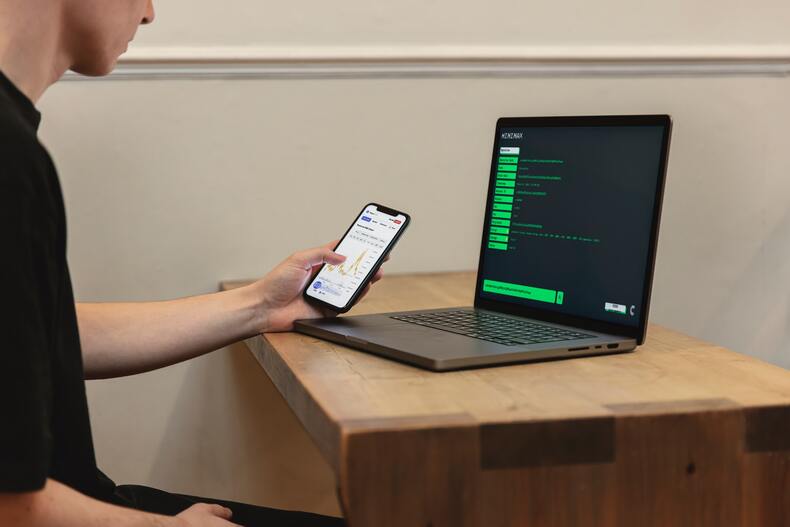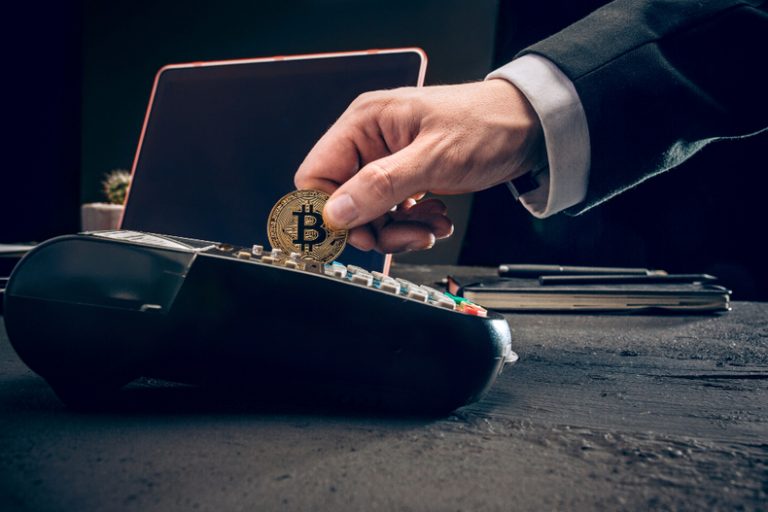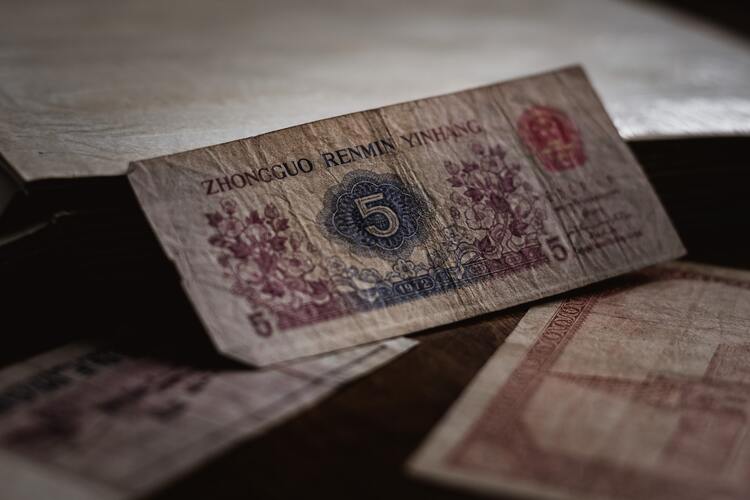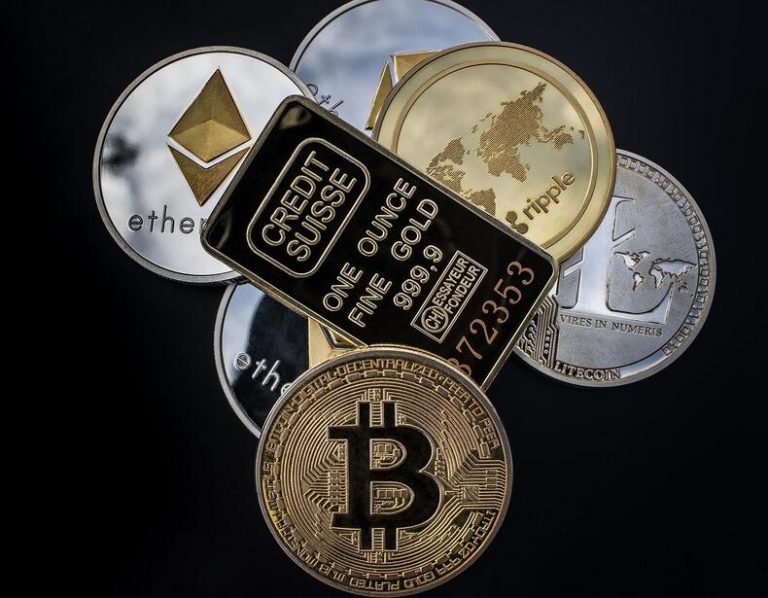How To Easily Incorporate Crypto Into Your Financial Plan
The financial world is abuzz with crypto. With new currencies being added seemingly daily, investors can choose from many different investment options.
Yet with crypto comes volatility and risk. How can you begin investing in blockchain-driven investment options?
What Is Crypto?
Simply put, crypto is a digital currency. It uses blockchain technology, which provides for secure digital storage of the currency. There are many types of crypto, with Bitcoin being the best known.
Blockchain is a digital database that timestamps every transaction. Blockchain records and verifies each crypto transaction and indicates who owns it. Many blockchain databases operate on decentralized computer networks. The networks verify and check the transactions; if there’s a discrepancy, the computers resolve it.
Trading in crypto is an exciting option for investors, provided you know how to manage and control your digital assets.
With thousands of crypto options available, it’s important to understand what you’re investing in. They function quite differently from other investment options. In addition, different crypto terms for trading and selling vary greatly.
Many cryptos are not backed by either hard assets or cash. Companies can grow their business to generate more returns for investors. Crypto instead relies on bullish markets for the currency. As the price goes up, so does the value of your crypto investment.
Crypto has come a long way in recent years. Initially, crypto owners needed to wire money to unregulated exchanges with no guarantees they would receive Bitcoin back. Today, crypto exchanges are secure and regulated, with easy-to-use onboarding and trading tools. In addition, crypto is mainstream, and increasingly accepted for payment across industries.
It’s essential to understand the cryptos you’re investing in. Know how they are traded, the rules on selling the asset, and what happens when you do.
Investing in Crypto in a Solo 401k
There are many different ways to buy crypto and place it into your solo 401k. You can open an account with an exchange or private party. The retirement account will own the crypto on a centralized exchange or stored in a wallet for your retirement account.
You can also use a digital assets managed fund, which is controlled by a third party. These funds typically operate as hedge funds for digital asset trading.
A solo 401k lets you invest in blockchain startups that are involved in the crypto space or financing projects. You can also invest in a security token offering (STO), where tokenized digital securities are sold. Much like in an initial public offering, an STO allows tokens to be sold for real assets (income or equities).
With some solo 401ks, you can use crypto in an IRA to trade without capital gains taxes.
In a solo 401k, the retirement account owns the coins, acting as the custodian of your IRA. You manage the associated limited liability company (LLC) and make all the investment and storage decisions.
You cannot buy crypto directly and put it into your solo 401k. There is no existing compliance or oversight structure to oversee such transactions. You must use fiat cash to fund your retirement contributions. The cash can be used to buy crypto from an exchange or a trusted private party.
Crypto is a dynamic option for investors, especially when bundled as part of a solo 401k.
What Are Crypto Exchanges?
Most cryptos are sold on exchanges, which engage buyers and sellers looking to make deals. Exchanges usually offer multiple crypto options for investors.
Investors need to create an account on the exchanges they want to use. Account-holders need to provide identifying information to create accounts. Before you can buy any crypto, you’ll need to fund the account. Usually, these funds need to be in a hard currency, such as U.S. dollars, also known as fiat cash.
With your account funded, you can buy and sell different cryptos. A digital wallet stores your currency and can be kept on the exchange or with an independent wallet provider.
You can use crypto purchased via an exchange as part of your retirement investment in a solo 401k.
What to Expect When Investing in Crypto
Keep a sharp eye on your investments when committing to crypto. Remember, the past is not an indication of what will happen in the future. Yes, Bitcoin used to be worth just pennies and has skyrocketed in value. However, that does not mean such growth should be expected.
Investors should focus on the future, not what crypto has done in the past. Due to the nature of crypto’s valuation, the future should always be the focus.
Volatility is the norm with crypto investing. Wild market swings are the norm. Rumors and conjectures can send a crypto’s value sky-high or cause it to plummet, all within minutes. Experienced investors who understand a market’s fundamentals and can respond swiftly can do well in crypto. New investors should use caution if they do not have the experience and tools to react quickly.
The market volatility leads some inexperienced investors to bail on crypto. In those situations, sophisticated investors often swoop in to buy assets at a low price. Volatility hits both established and upstart crypto.
You need to manage your risk tolerance. Develop a process that allows you to be comfortable with volatility. For some traders, that means a long-term approach, perhaps even never selling, regardless of the price. For short-term traders, setting rules, such as selling when crypto falls 10 percent, maybe the prudent approach.
New traders may want to keep some money in reserve and experiment with crypto trading. As you learn, even if you lose some of your investment, you still have funds to invest.







